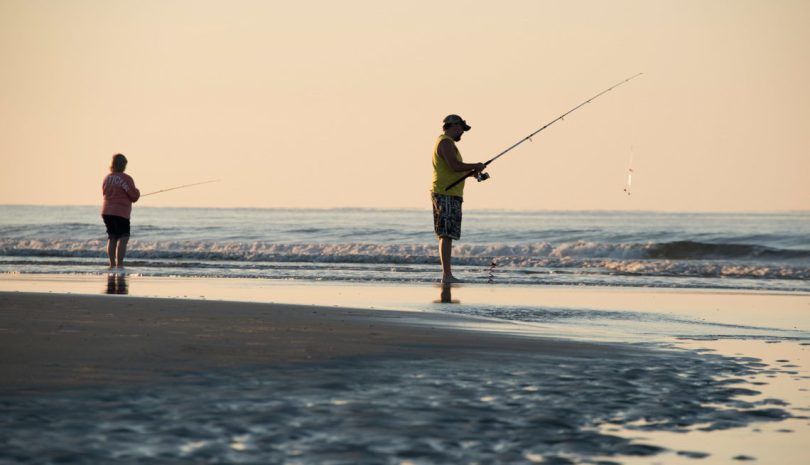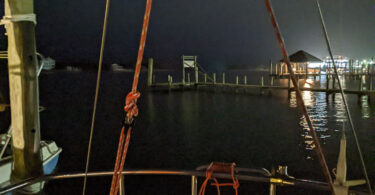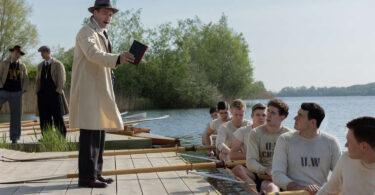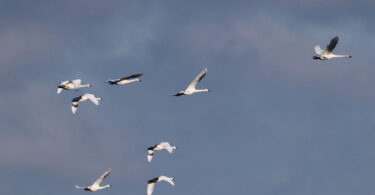Anietra Hamper
Surf fishing is an exciting and interactive way to cast a line but there is a learning curve to tackle for beginners to ensure you do it safely and have the most productive day on the water. This is a fun way to experience saltwater fishing for anglers who do not have access to a boat or prefer the comfort of tossing a line from the land.
First timers are advised to hire a reputable local guide for the best instruction but if you want to try it on your own, get a valid state fishing license and follow these guidelines.
It is important to learn your location to establish a baseline of knowledge about the beaches available and their conditions. Fishing on the Gulf of Mexico will come with different types of water conditions and species than fishing on the Atlantic Coast or West Coast.
Finding your best surf fishing spot requires reading the beach. Look for the sand bars as fish are generally nearby chasing bait and feeding near the breaks created by outflows and rip currents. Sand bars are found where the waves break as they come into shore, and are constantly changing with weather conditions.
A great way to find these spots is by talking to local anglers. Visit the local beaches and head to the area with the most rods out in the surf. You can learn a lot in a short period of time by talking to experienced anglers.
Knowing when to go surf fishing is as important as knowing where to go because the windows of opportunity align with the daily tide changes. The change in tides impact fish feeding behavior so it is generally preferred to fish just before and just after the tide changes.
Many species of fish feed during the high tide at dawn and dusk when there is more water, but some species prefer the low tide. Low tide is an opportunity to search out beach topography and learn where there are hollows, structures and dips in the water.
Overcast days can make for great surf fishing because the shadows from your line on the water are minimized which improves the appearance of your bait. The caveat to rainy or overcast days is that you need to keep an eye on the weather forecast for any pending storms, winds or conditions that could make the surf dangerous.
The key to surf fishing beginners is to keep your gear simple then add as your needs and experience improve. Before investing in lots of gear start by renting tackle from a local shop or from a guide. Ask what the local standards are for gear because it can vary depending on your location.
Some of your basic surf fishing gear will include: a a salt-water fishing rod 10-15 feet long; and saltwater spinning reel with 20-pound test line; leaders; weights (sputniks or pyramid lead sinkers); hooks; rod holder; bait; bait bucket and air pump; back-up spool of line; knife and pliers; first aid kit; polarized sunglasses and sunscreen.
Bait decisions depend on the species you are targeting, and this will change per location. Smaller fish prefer bait like frozen shrimp or squid. Bigger fish like redfish or shark prefer bigger bait like chunks of mullet.
You can also use artificial bait for surf fishing. Topwater plugs and spoons work well when the weather is calm. You can even add local flavor to bait with specialty scents designed for that region where available. You can find targeted bait at local tackle shops.
Some species like pompano are especially particular about their meals so you may want to take a net, bait bucket and air pump and dig for sand fleas in the wet sand.
The most important element when learning surf fishing is perfecting surf casting. Your goal is to land your bait as far as possible past the wave breaks where the fish are feeding. Walk into the surf as far as comfortable and use a quick overhand cast.
Following these basic guidelines will help you enjoy a unique kind of fishing opportunity.







